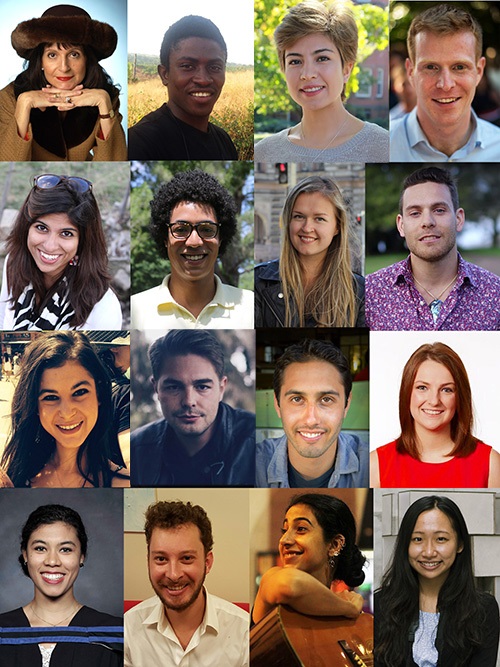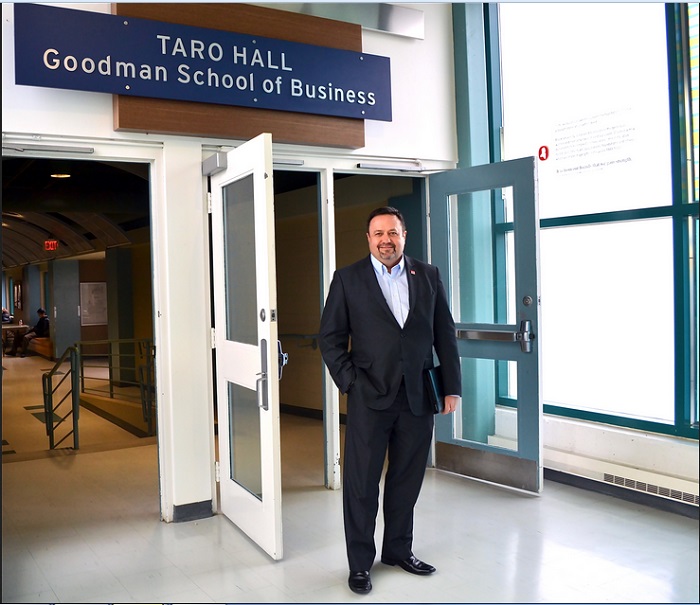
When I wrote this, Ontario was in the midst of an unprecedented jobs crisis and in need of sensible and affordable solutions. One avenue is to improve our colleges and universities.
Ontario’s system of higher learning must reflect the requirements of jobs in the present and the future. And it must reflect today’s economic realities.
Students recognize an academic education is often not enough – it must be coupled with employable skills. Some 80 percent of college applicants cite “career preparation” as a major reason for enrollment – something they may not have considered when they were making their post-secondary choices in high school.
The path from high school graduation to employment is often far longer and more expensive than it needs to be, thus inefficient for both the student and taxpayer.
Currently 35 percent of all new jobs in Ontario go to college graduates and apprentices, and only 26 percent go to university graduates. Many university students end up in the college system after learning how adept it is at teaching job-ready skills. To encourage more students to choose college first, we must create more options and paths for these students and improve the credit transfer system in Ontario. This would allow for part of the degree to be done at the college level and part of the education delivered through a university.
By improving the credit transfer system using online education to create bridging courses between institutions, students who take a course at one institution can be brought up to speed at another – – smoothing the move between institutions that deliver different course content. The online courses should be designed to assess whether students meet the standard at the new institution, whether they are moving from a college to a university or from a university to another university.

We need to be creative with programs that meet the expectations of students but also offer them at an affordable price.
In response to the growing demand for online learning, university and college programs can be taken at home using the internet. Universities and colleges do offer degree programs online that are flexible, cost effective and allow you to learn on your own time. They feature online instructors who help and provide feedback as you progress through the course.
We should encourage colleges to offer applied three-year degrees and limit the proliferation of four-year degrees in the college system. For example, a Bachelor of Applied Technology Degree is designed to teach leadership roles in the construction industry – – a program that meets a job market need, and is clearly suited to the college sector. Encouraging more three-year degrees like this one would allow colleges to cater to a student market looking for strong credentials without creeping into the degree market best served by universities.
Career colleges have a strong proven track record and are among our province’s most efficient paths to employment. They should be rewarded by a reduction in the costly and time-consuming regulatory burden they currently experience so they can be freed to take on students looking to gain access to the job market.
With these sensible and affordable solutions, improving Ontario’s colleges and universities will most certainly lead to better jobs. For the Silo, Haldimand-Norfolk MPP Toby Barrett.
Supplemental- Online learning in Ontario http://www.ontariolearn.com/en/





